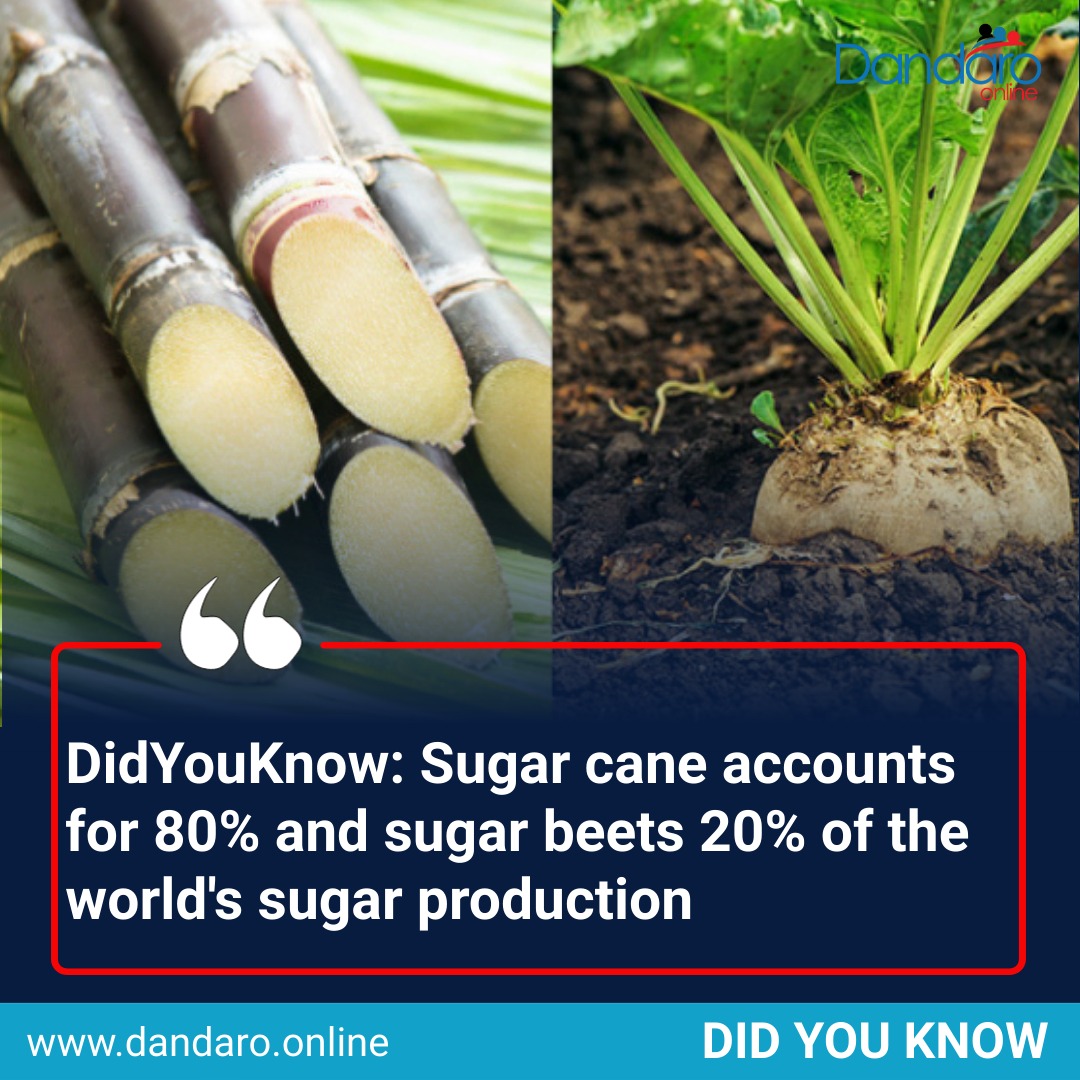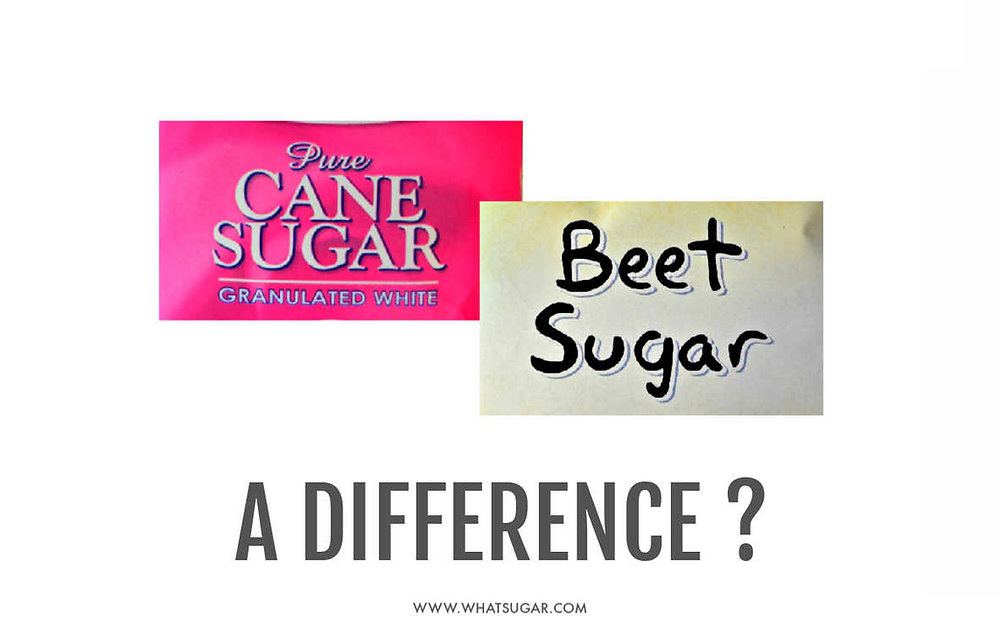The Wonderful Dispute: Beetroot Sugar Vs Walking Cane and Their Impact on Wellness
The recurring dispute bordering beet sugar and walking cane sugar increases important questions concerning their particular wellness impacts and wider ramifications for consumer choices. This conversation welcomes us to think about not simply the sweetness we select, yet the far-reaching impacts of those selections on our health and the planet.
Introduction of Sugar Sources
Sugar, a widely consumed sugar, largely originates from two primary sources: sugar beetroots and sugar walking stick. These crops are cultivated in various regions worldwide, each adding to the worldwide sugar supply in distinct means. Sugar walking cane thrives in subtropical and tropical climates, with significant manufacturers including Brazil, India, and China. The plant is collected for its stalks, which are after that processed to extract juice and take shape sugar.
On the other hand, sugar beetroots are mostly expanded in warm regions, with substantial production in countries such as the United States, France, and Germany. The beets are collected from the ground, cut, and subjected to a procedure that converts the extracted juice into granulated sugar. While both sugar sources inevitably generate sucrose, their farming practices, refining methods, and geographic circulations vary markedly.
These distinctions can affect not only the environmental impact of sugar manufacturing but additionally the financial elements of sugar prices and trade. Understanding the beginnings of these sugar is important for policymakers and customers alike, as it lays the structure for notified conversations concerning their wellness implications and sustainability.
Nutritional Contrast
When taking a look at the nutritional profiles of beetroot sugar and walking stick sugar, both resources share a similar composition as they mostly are composed of sucrose. Sucrose is a disaccharide, composed of sugar and fructose, and is accountable for the sweetness related to both sugars. The refining procedures for both beetroot and walking cane sugar yield items that are predominantly pure sucrose, with marginal traces of vitamins, minerals, or various other nutrients.
In regards to calorie content, both beetroot and cane sugars supply around 4 calories per gram. Neither sort of sugar offers significant dietary benefits past energy provision, as they do not have vital vitamins or minerals. Nevertheless, the existence of trace components, such as magnesium, calcium, and potassium, can vary slightly in between the 2, mainly as a result of the farming methods and soil conditions in which they are grown.
Additionally, the glycemic index values of beet sugar and cane sugar are comparable, suggesting similar results on blood glucose degrees. Overall, from a nutritional point ofview, beet and cane sugars are functionally equal, contributing largely to calorie consumption without providing considerable wellness benefits over one another.
Health And Wellness Effects
The health and wellness ramifications of consuming beetroot sugar and cane sugar warrant cautious factor to consider, particularly given the climbing frequency of sugar-related wellness concerns. Both types of sugar add similar calorie values and can bring about enhanced dangers of weight problems, type 2 diabetes, and cardiovascular conditions when eaten over. The body sugars both metabolizes right into glucose, which can cause spikes in blood glucose degrees, causing insulin resistance over time.
While there is recurring discussion relating to the glycemic index of these sugars, research studies suggest that both can adversely impact metabolic health and wellness if eaten in huge quantities. beet sugar vs cane. In addition, the possible presence of impurities in beetroot sugar, such as chemicals from standard farming practices, raises more wellness worries. Conversely, walking stick sugar, specifically when minimally processed, may supply a somewhat a lot more desirable account because of its all-natural state
Moreover, the consumption of sugarcoated, despite the source, is linked to adverse wellness results, including dental issues and fatty liver condition. For that reason, small amounts is important, and people ought to bear in mind their total sugar intake from all sources, eventually focusing on whole foods over included sugars for optimal health end results.
Environmental Effect
Recognizing the health effects of beet and cane sugar additionally results in an assessment of their environmental effect, which can considerably affect farming sustainability and environmental balance. Both sugar resources have unique ecological impacts, formed by their cultivation methods and geographical requirements.

In comparison, beetroot sugar is typically expanded in temperate environments and usually entails diverse plant turnings. This practice can improve soil health and wellness and decrease dependence on chemical inputs. Intensive beet farming can additionally lead to nutrition depletion and pest stress if not managed sustainably.
Both sugar kinds present difficulties and chances for environmental stewardship. Promoting lasting agricultural practices and accountable sourcing can mitigate their influences, making sure that sugar manufacturing straightens with ecological conservation and lasting food protection.
Customer Preferences
In the middle of expanding understanding of wellness and environmental problems, customer preferences for sugar kinds are increasingly influenced by perceptions of health and wellness benefits, sustainability, and honest sourcing. Beetroot sugar and walking cane sugar each existing special attributes that attract different customer demographics.
Health-conscious consumers frequently scrutinize the nutritional profiles of these sugars, seeking choices viewed as much less refined or even more all-natural. Walking cane sugar, usually regarded as the traditional sweetener, is sometimes favored for its regarded pureness and simpleness. In comparison, beetroot sugar, which is regularly originated from genetically customized crops, deals with apprehension amongst those worried other about GMOs.
Sustainability is one more considerable aspect affecting consumer options. As understanding of agricultural practices grows, many consumers choose products that straighten with eco-friendly farming methods. Cane sugar production, particularly when sourced from lasting ranches, can interest eco-conscious customers.
Moral sourcing plays a vital role as well, with customers increasingly preferring items that sustain fair labor techniques. Accreditations such as Fair Profession can boost the beauty of cane sugar out there. Ultimately, customer preferences are formed by an intricate interaction of health, environmental, and ethical considerations, driving demand for both beet and cane sugars in diverse markets.
Conclusion
To conclude, the dispute in between beetroot sugar and walking stick sugar includes various aspects, consisting of nutritional accounts, wellness effects, and ecological effects. beet sugar vs cane. While both sugars mainly contain sucrose and exhibit comparable calorie web content, concerns regarding chemical use in beetroot sugar and the ecological effect of walking stick sugar monoculture warrant mindful consideration. As customers progressively prioritize sustainability and health, informed options pertaining to sugar consumption come to be vital in promoting overall well-being and environmental stewardship
